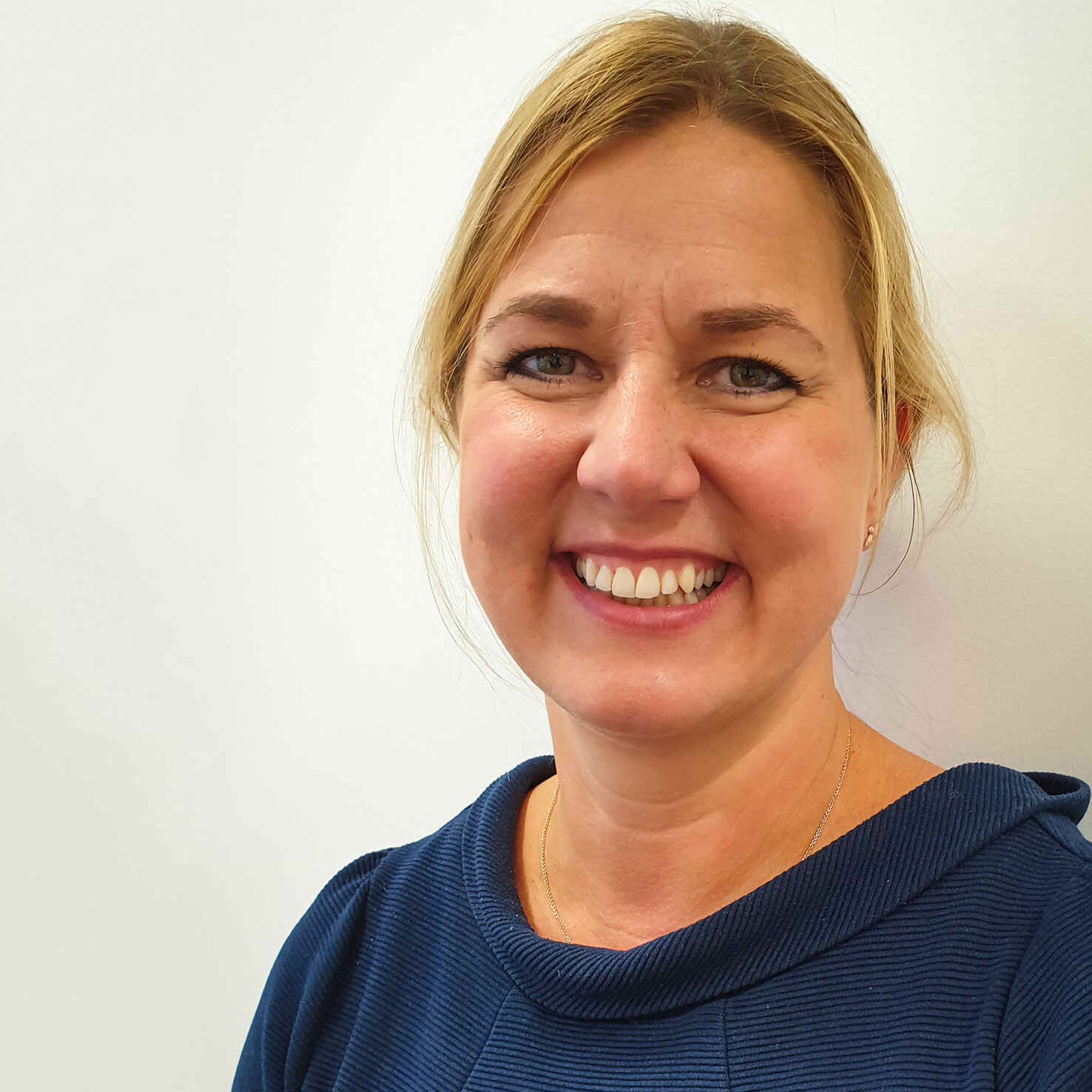11th February 2013
How to treat your heart this Valentine's day

By Lucy Blows, Consultant Cardiologist at The Montefiore Hospital
Your heart is the body's engine room, beating around 100,000 times a day to pump blood to every cell. It's got to be in pretty good shape to do this, so help it out by giving it some love!
Your heart is happy when you:
Keep active
Like any other muscle, the heart benefits from exercise. The best type is moderate intensity aerobic activity which translates as repetitive rhythmic exercise that raises your heartbeat, makes you breathe harder but not to the point where you can't speak! Good examples are brisk walking, running, cycling and exercise classes like aerobics and zumba.
Eat a good diet
That means plenty of fruit and vegetables, lots of starchy foods like pasta, rice, bread and potatoes, moderate amounts of meat, fish, eggs and dairy products and small amounts of fat and sugar. Eat regularly and don't skip breakfast as you will be more tempted by high fat/high sugar snacks come mid-morning.
Maintain a healthy weight
Being overweight is not good for your heart. Not only does it have to work harder, but conditions like diabetes, high blood pressure and high cholesterol, that are connected to excess weight, put an added strain on your heart. If you are overweight, then slimming down will make a big difference to your heart.
Stop Smoking
Stopping smoking is perhaps the biggest boost you can give your heart. Smokers have almost double the chance of having a heart attack compared to people who have never smoked. It's never too late to give up - if you need a reason, do it for the one you love on Valentine's Day.
Go easy on the booze
While much is written about the benefits of a glass of red wine, the fact remains that too much alcohol is bad for your heart. In excess, it can cause abnormal heart rhythms, high blood pressure and lead to heart disease and strokes. Try not to exceed the recommended daily amounts of 2-3 units for a woman and 3-4 units for a man. Even if you just drink occasionally, these guidelines still apply – you can't save up unused units for a binge!
Lucy Blows is a Consultant Cardiologist at The Montefiore Hospital in Hove where she holds private consultations for heart problems. For further information call 01273 828120 or visit www.spiremontefiore.com
The content of this article is provided for general information only, and should not be treated as a substitute for the professional medical advice of your doctor or other health care professional.